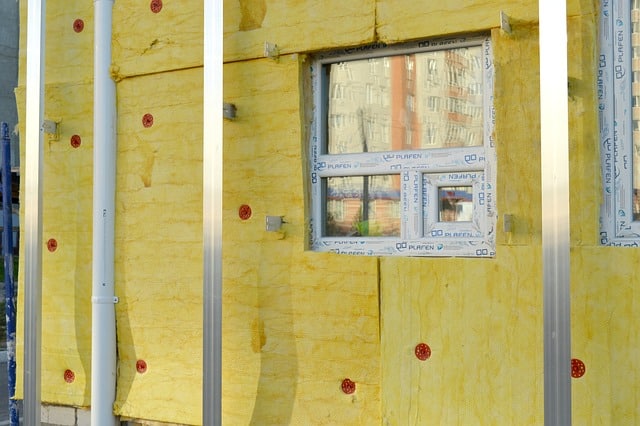The property world never stands still, and after a tumultuous couple of years, it shows no signs of slowing down. A volatile housing market and ever-changing costs for labour and materials can make taking on new development projects hard to budget for and plan. Keeping abreast of the latest property development and finance news is vital to seizing opportunities and avoiding potential pitfalls. With that in mind, we’ve rounded up some of the biggest property news stories to hit our inboxes.
Labour plans to develop 1.5 million new homes aided by building on the UK’s grey belt
According to Development Finance Today, the Labour Party plans to increase homebuilding by seeing 1.5m new homes built on the UK’s grey belt – neglected areas of land, such as wasteland, that sit within the green belt.
Labour’s statement, released on the 19th of April said that they “will not build on genuine nature spots and will set tough conditions for releasing green belt land for housebuilding.” building on brownfield sites will always be the priority but [they] “can’t build the homes that Britain needs without also releasing some greenbelt, including poor quality land, car parks and wastelands currently classed as green belt.”
They also promise that 50% of new homes are classed as affordable and adhere to five guiding principles, ensuring that new homes protect natural green spaces and don’t put undue pressure on public services or infrastructure.
Planning permission grants hit nine-year low
The Home Builders Federation (HBF) latest Housing Pipeline Report reveals that the number of units and sites gaining planning permission in England in the year to December 2023 dropped to the lowest for any 12 months since 2014. Speaking in the report, the HBF said the south of England was particularly hard-hit.
“At under 233,000, the number of units approved in 2023 dropped 20% on 2022, 27% on 2021 and was down 30% compared to pre-pandemic levels.
Following a similar pattern, the number of sites that gained planning permission in 2023 dropped to the lowest level for a 12 month period since the Housing Pipeline Report started recording in 2006. The number of sites granted permission in 2023 was 10,527, a 16% decrease on 2022 and a 23% decrease on 2021. The number of projects being approved is almost half the number that were typically being approved each year before the pandemic, when housing delivery was increasing year on year.
Looking regionally, southern regions have seen the most severe impacts of the combination of anti-development measures. While all regions are seeing a general downward trajectory, the number of units approved in 2023 was the lowest since 2015 in the South East, the lowest since 2011 in London and the lowest since 2012 in the South West. Year on year, each of these regions saw a fall of 13%, 34% and 18% respectively.”
What this means for homebuilders in the South East is unclear. We’re unsure whether the market conditions simply mean that fewer developers are planning projects, or if local authorities are granting less planning permission.
87% of contractors worry about supply chains
87% of contractors report that the greatest issue they face in the next 12 months is how robust of their supply chains are, according to Rider Levett Bucknall’s (RLB) annual Procurement Trends Report.
The survey of contractors across the entire supply chain aims to provide the data, insights and analysis the sector needs to understand what is changing in procurement within the UK construction industry. The report itself showed that 54% of contractors have seen an increased use of collaborative working during procurement in the past 12 months. Similarly, the use of two-stage tendering has increased by 8%, while there has been a 6% reduction in negotiated projects.
This tallies with other news and opinions we receive from our clients, with worries about planning and construction costs having a sizable impact on their projects.
For more information about development finance, refer to our Guides or get in contact with us to find out how we can help fund your next development project in the South East.






